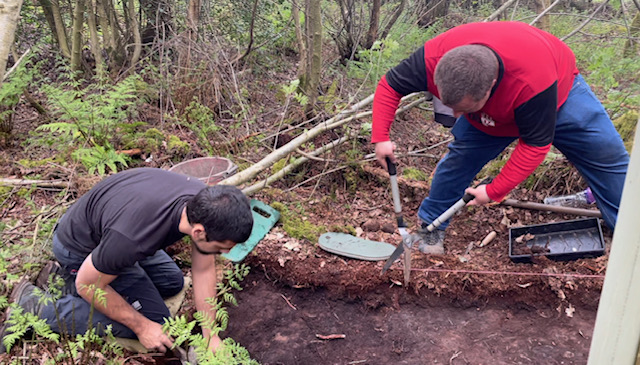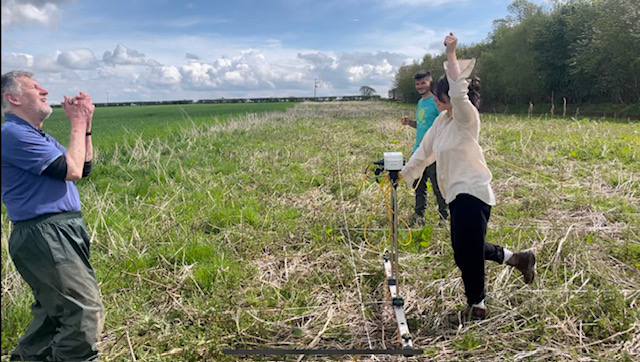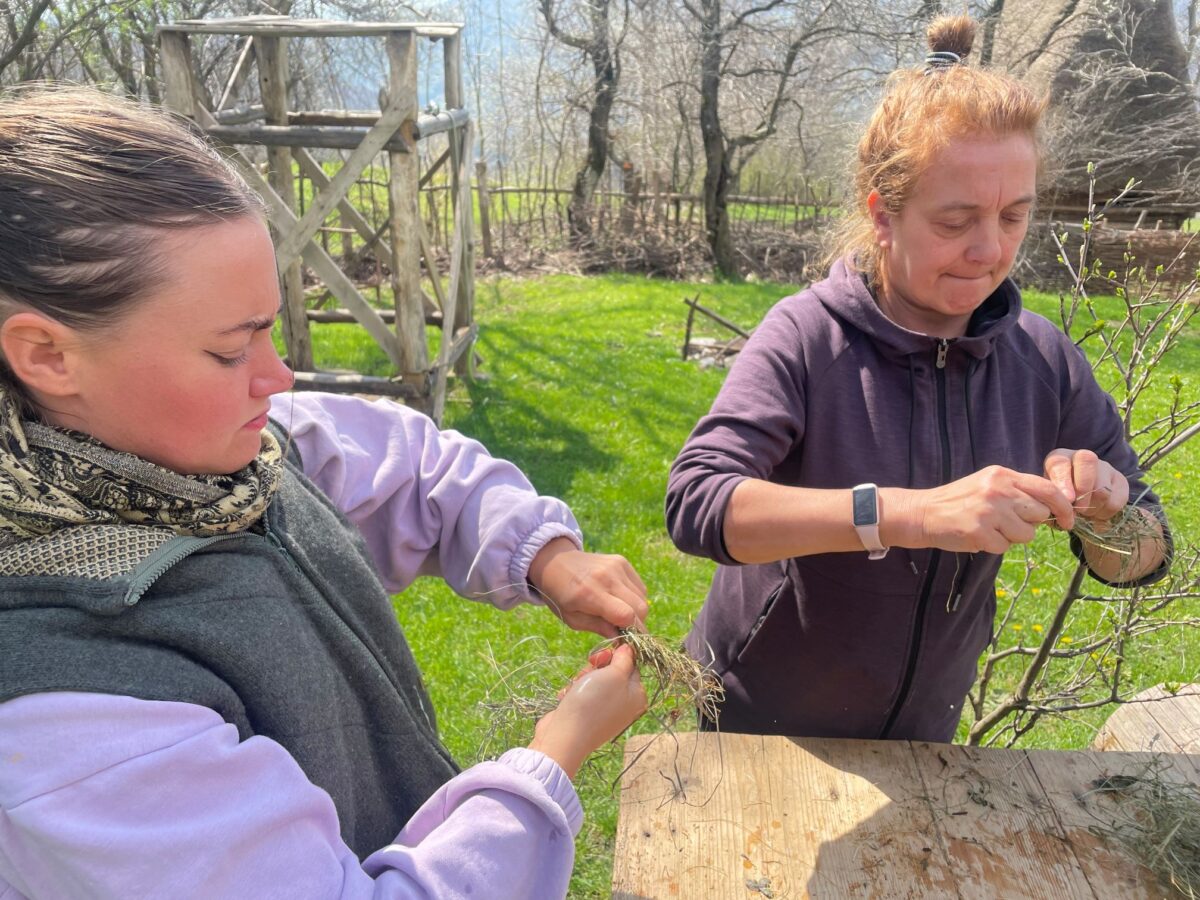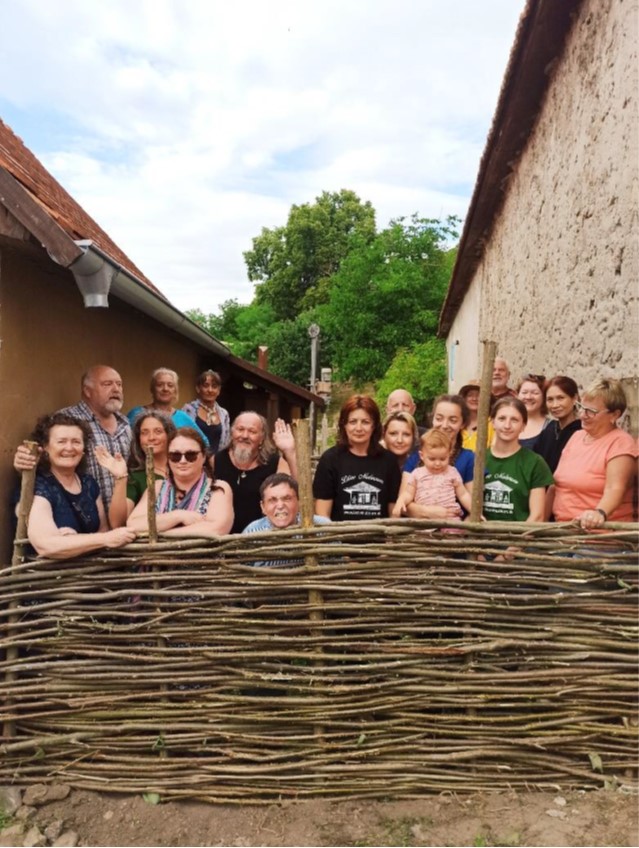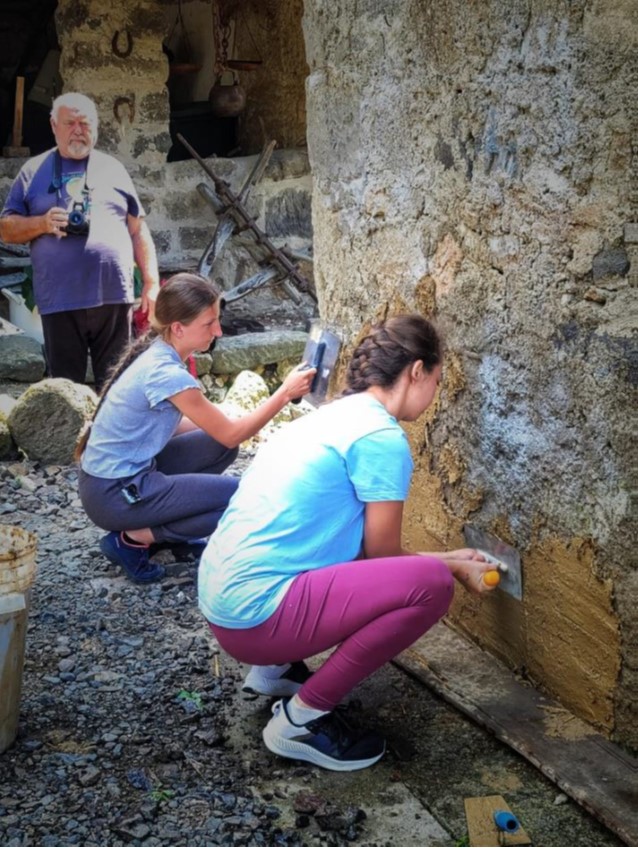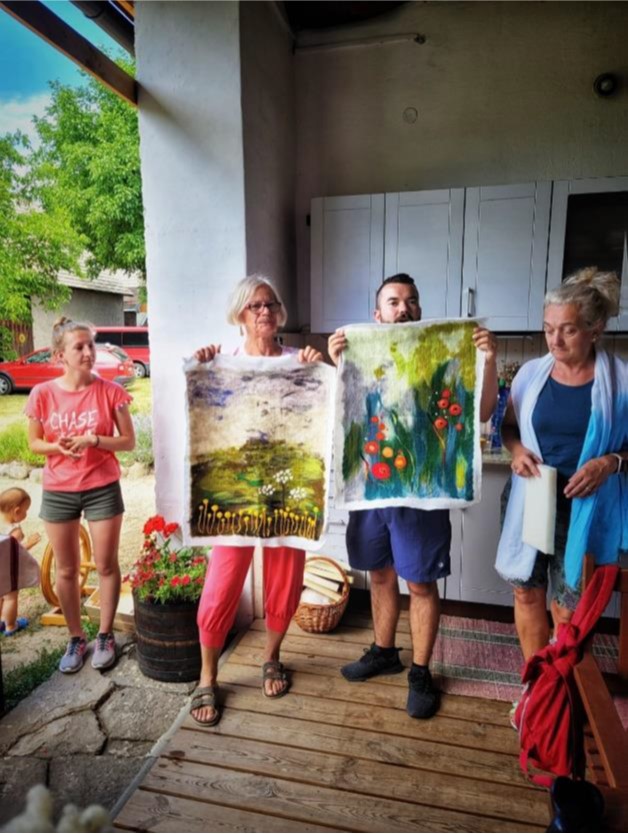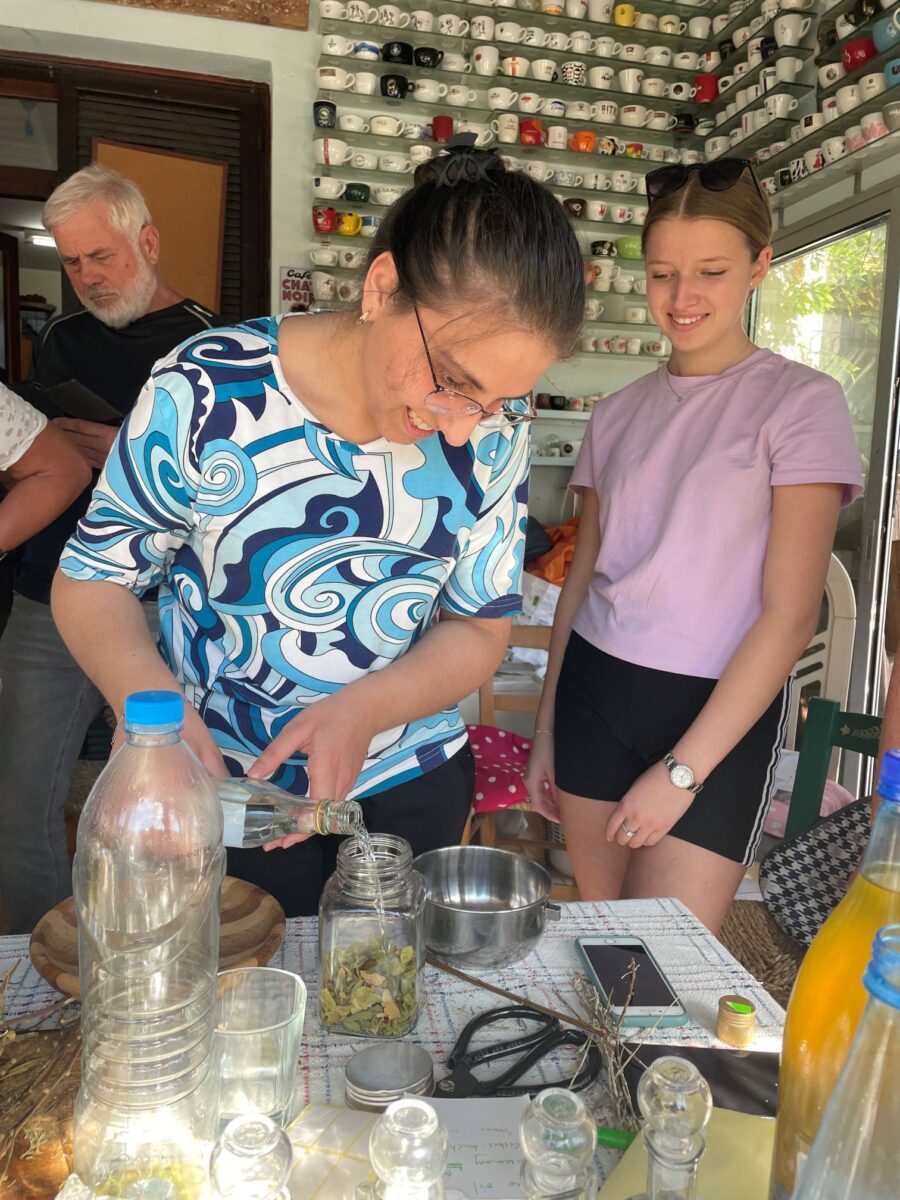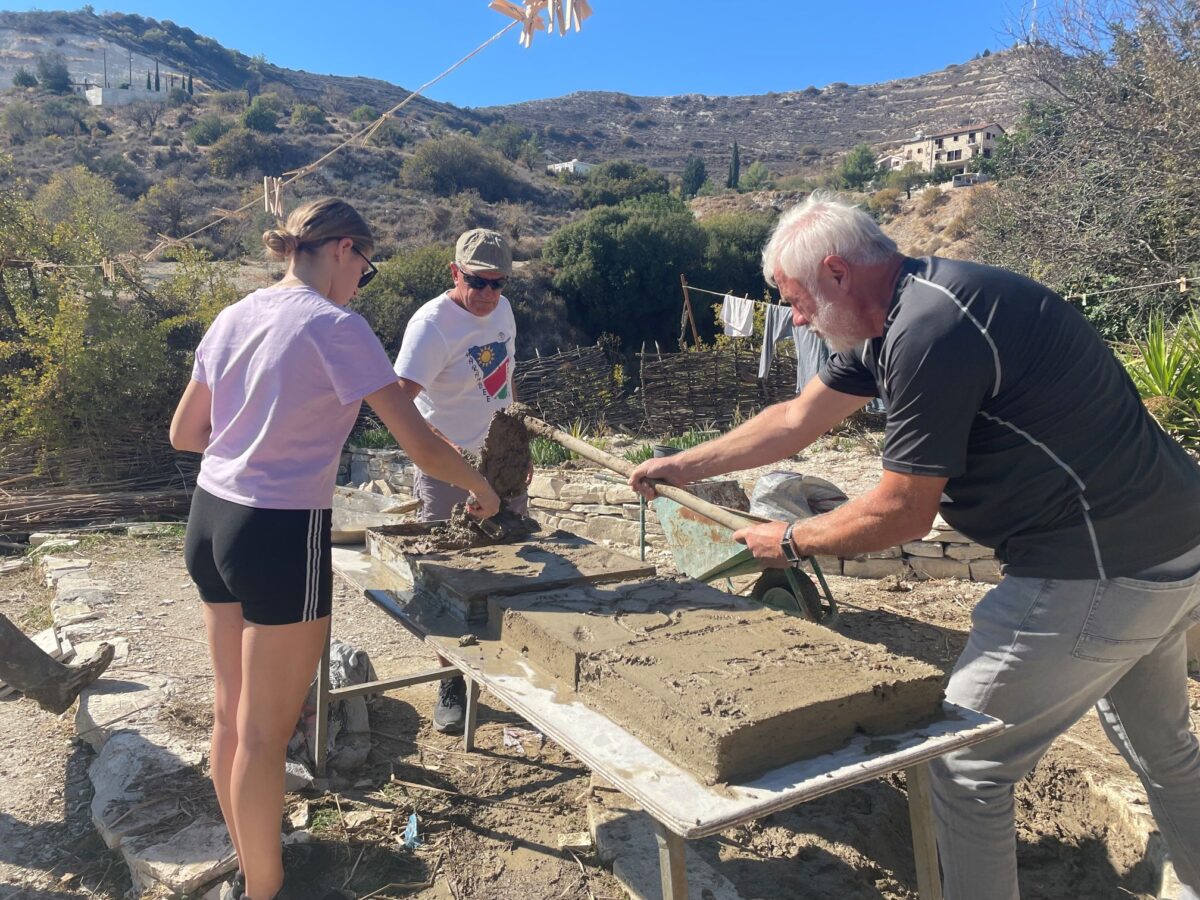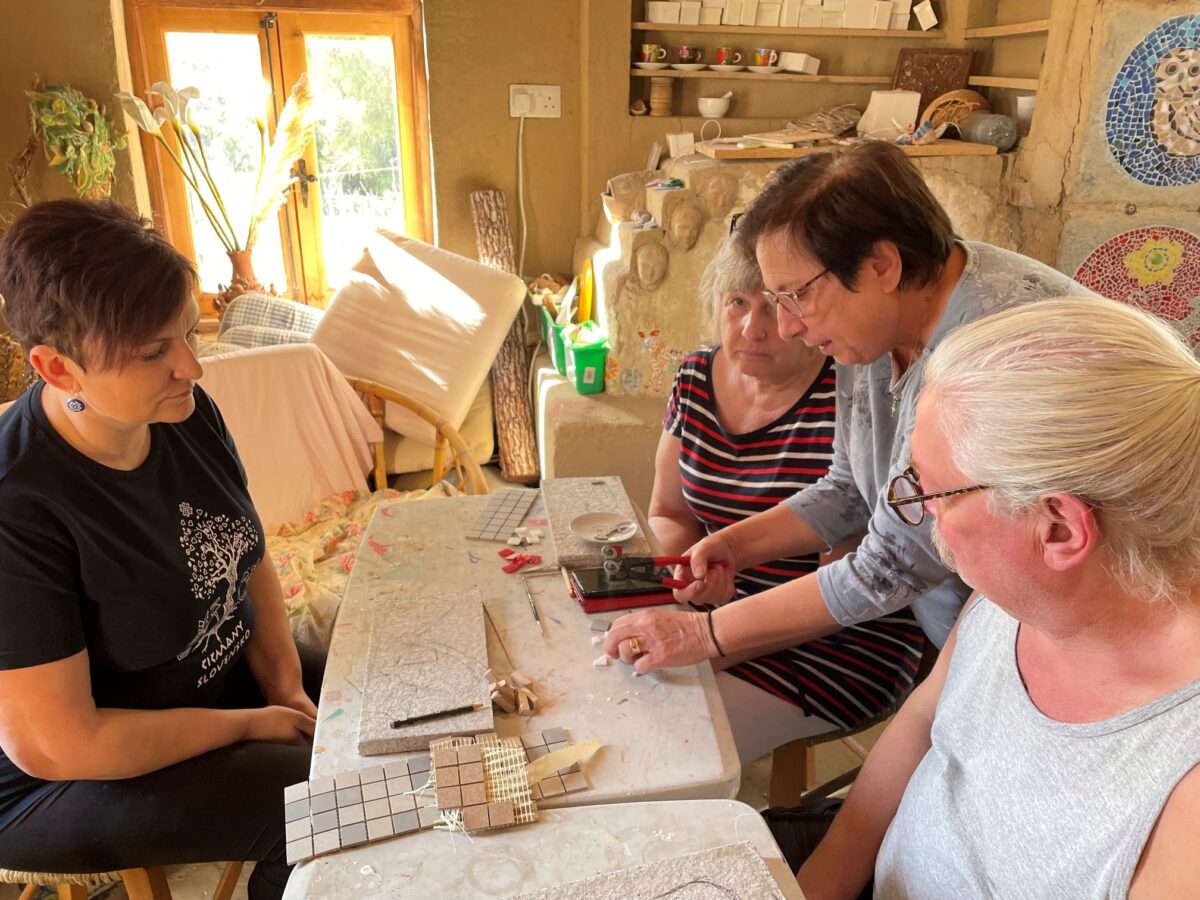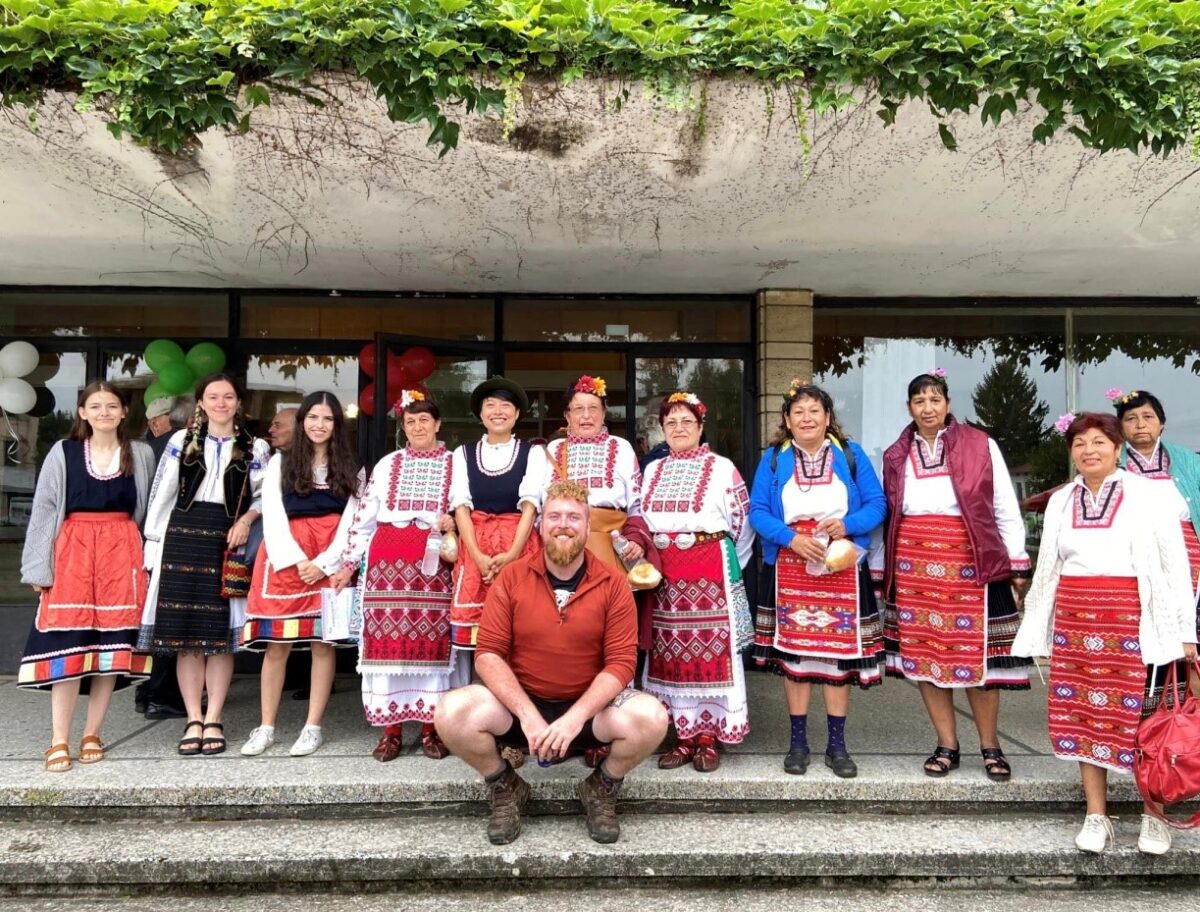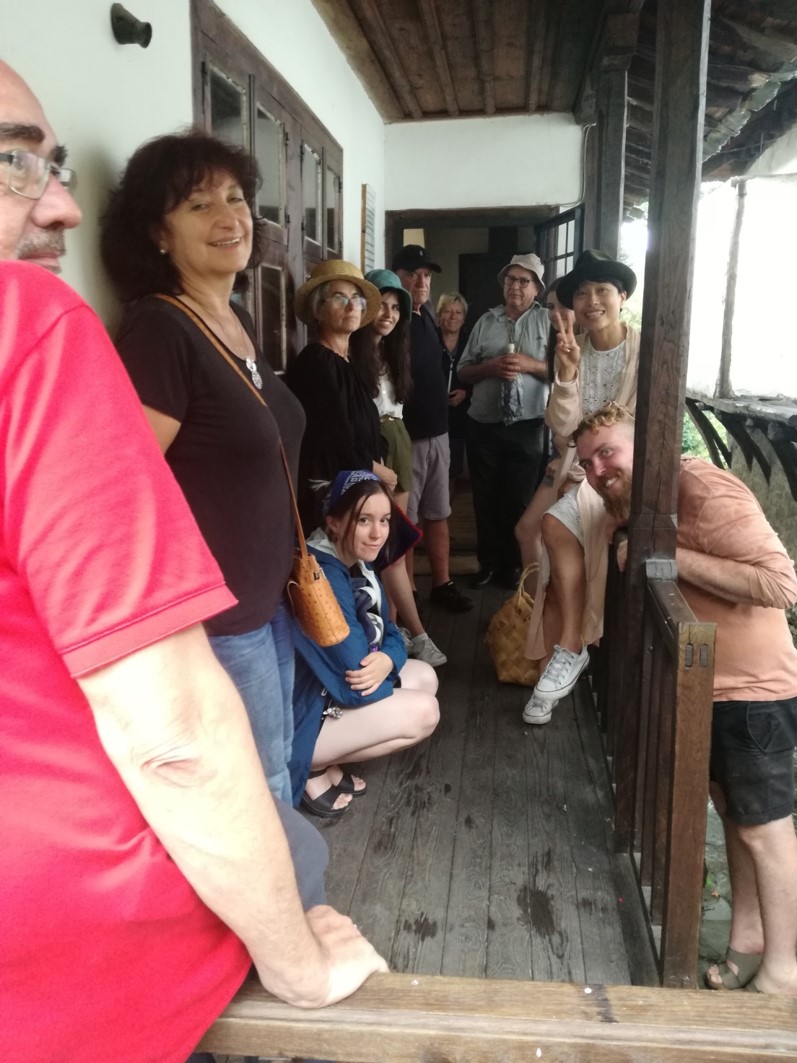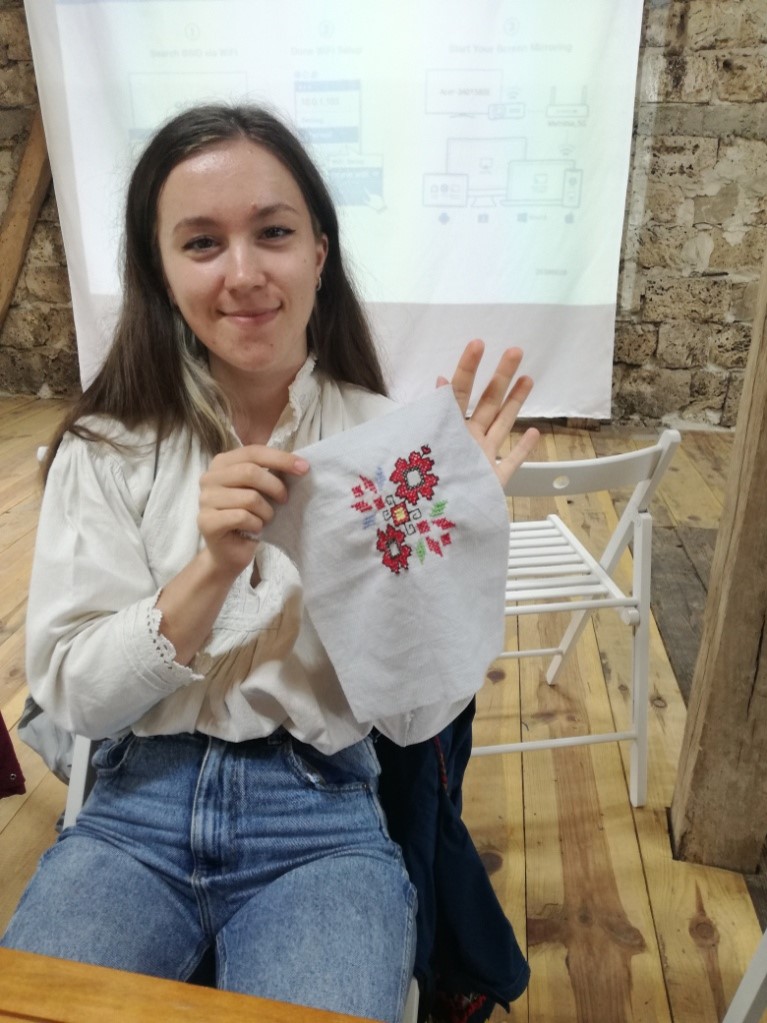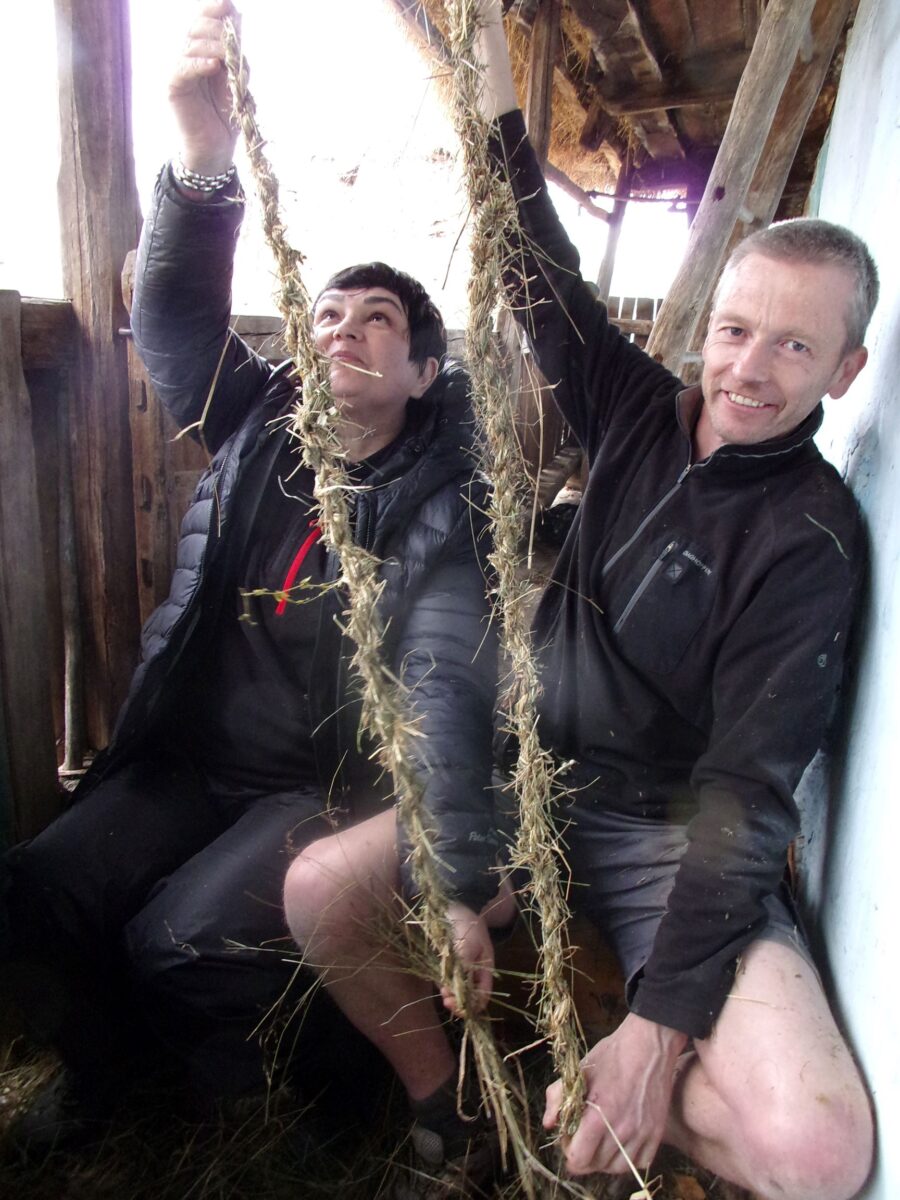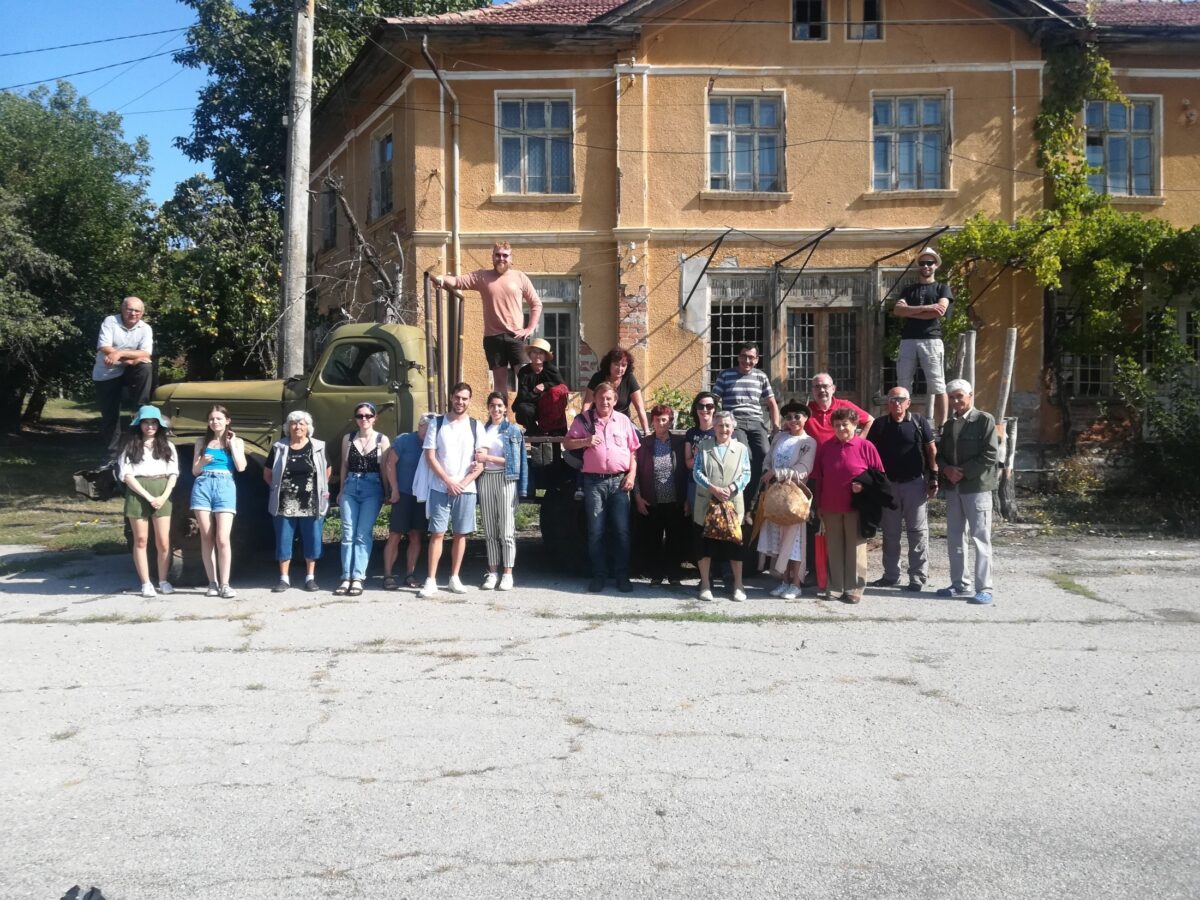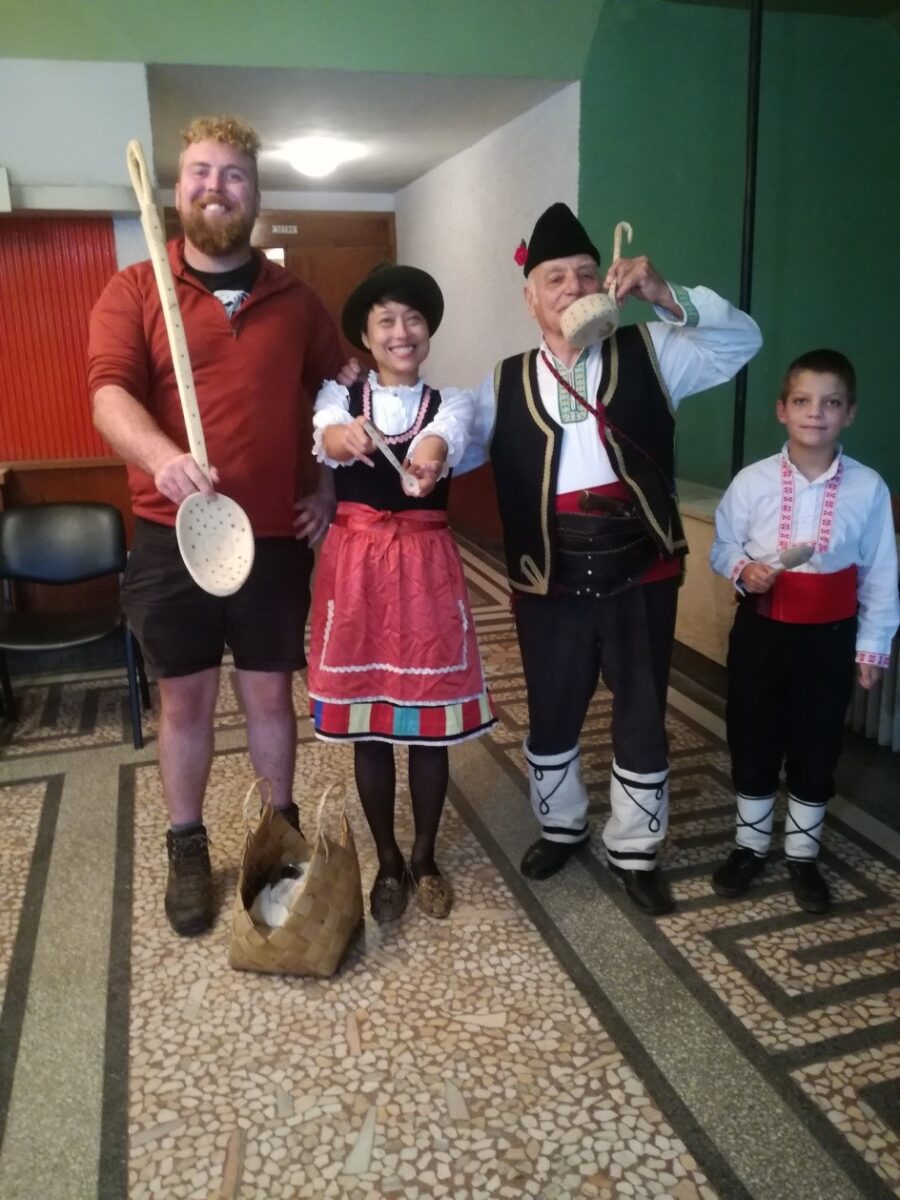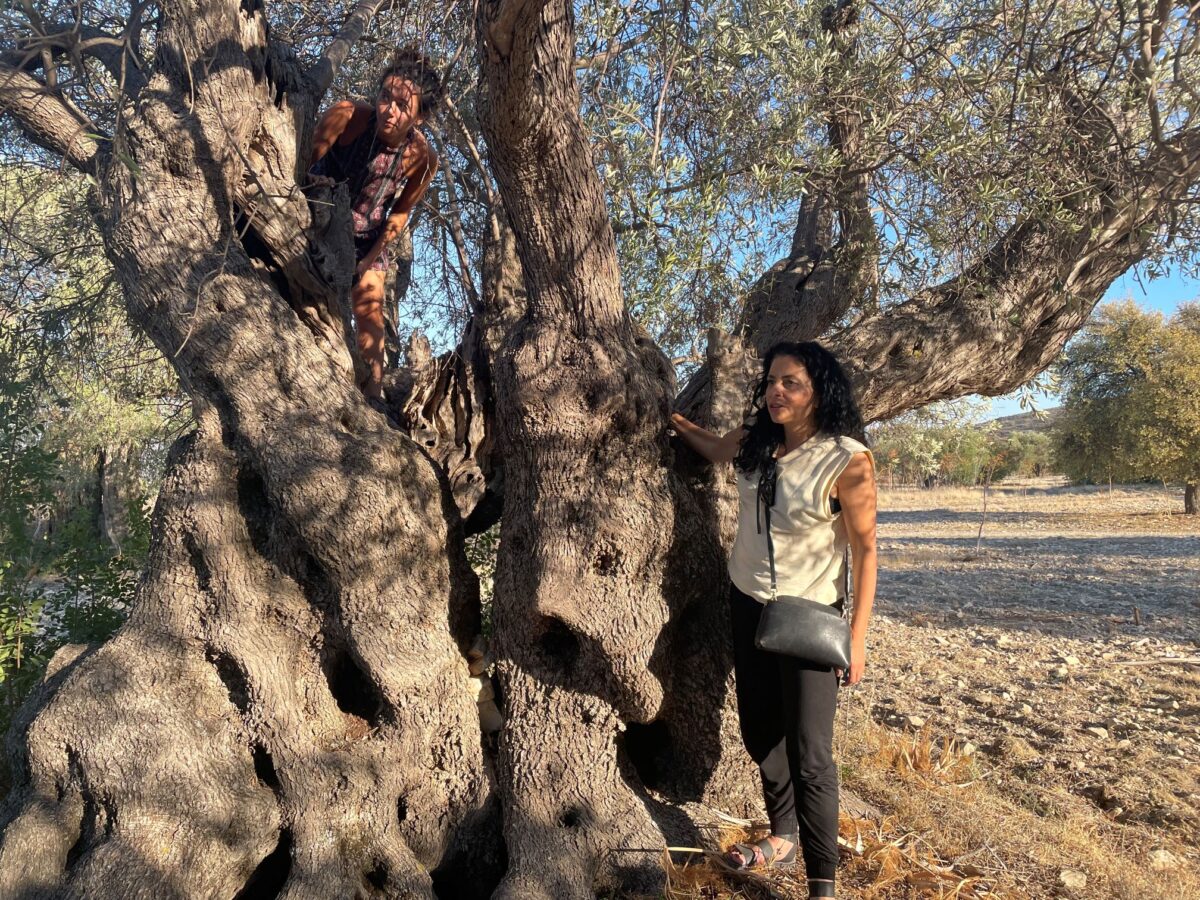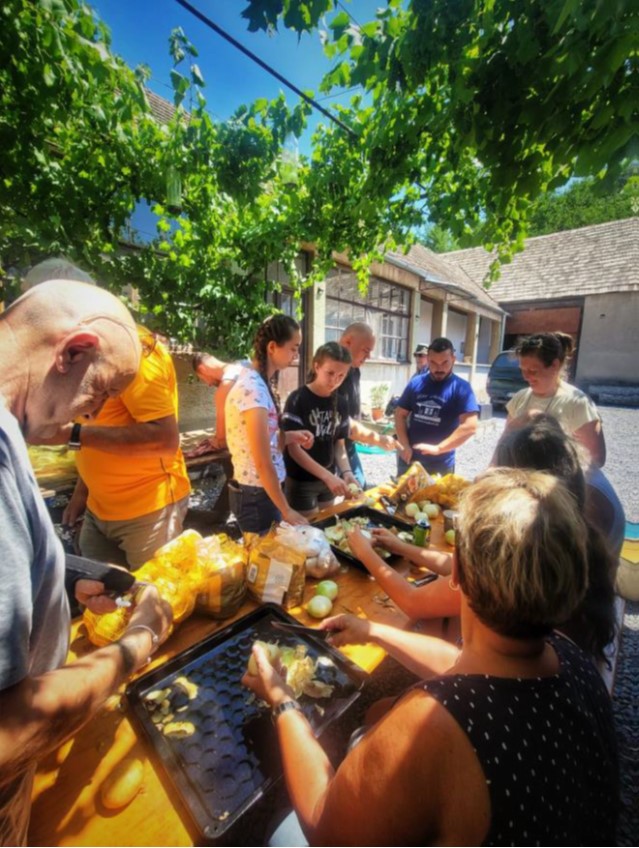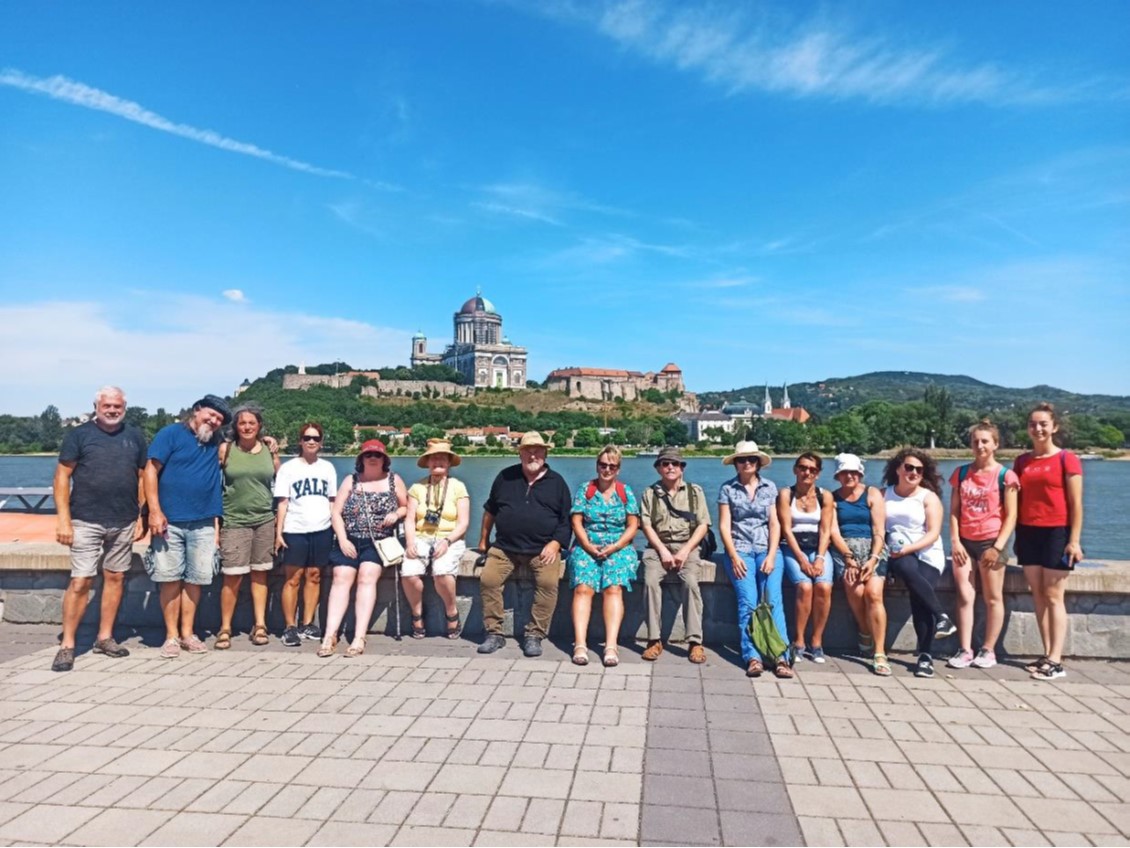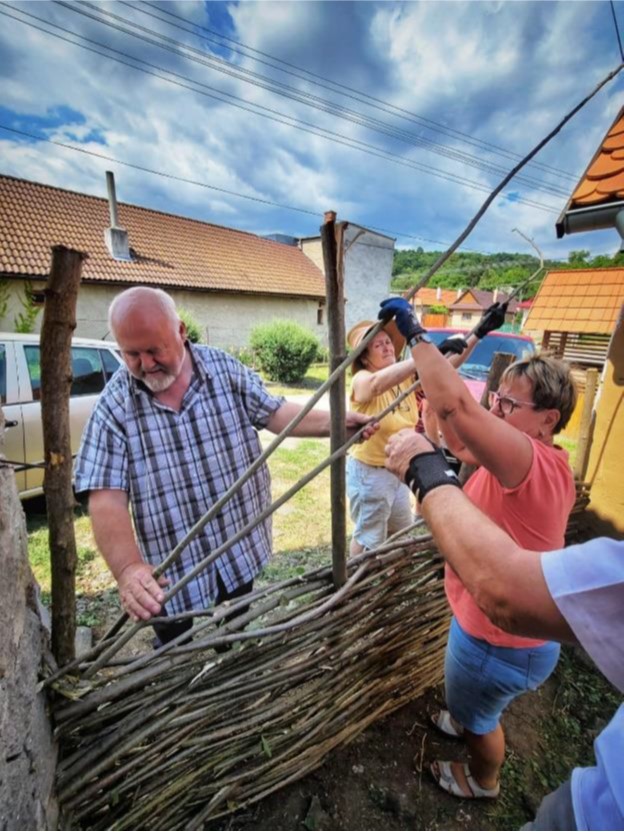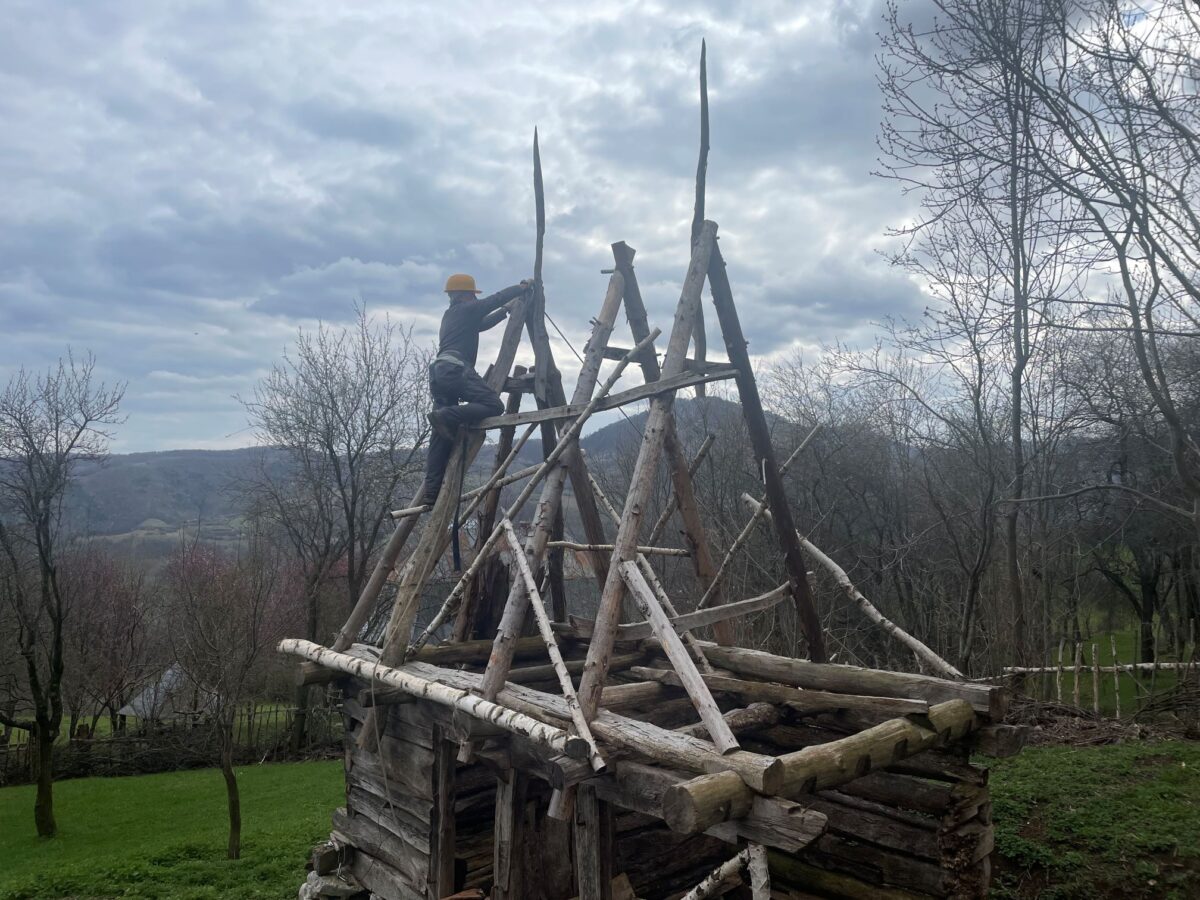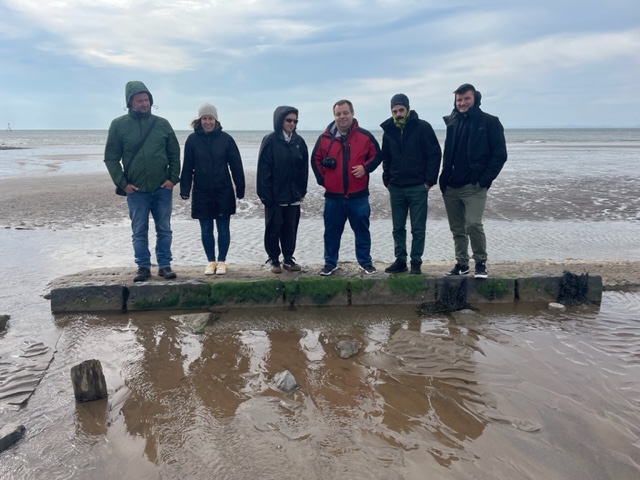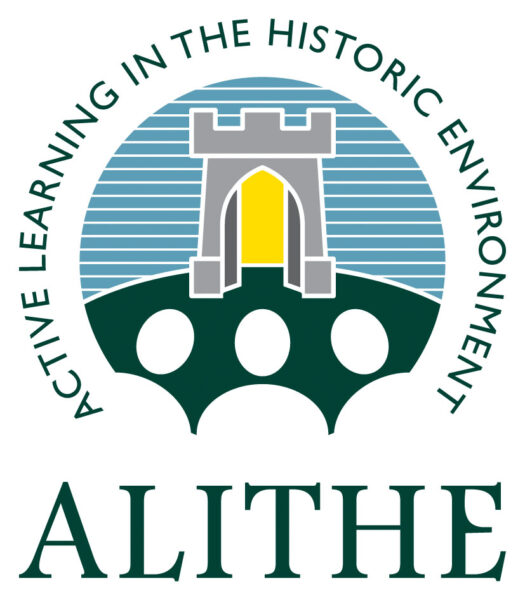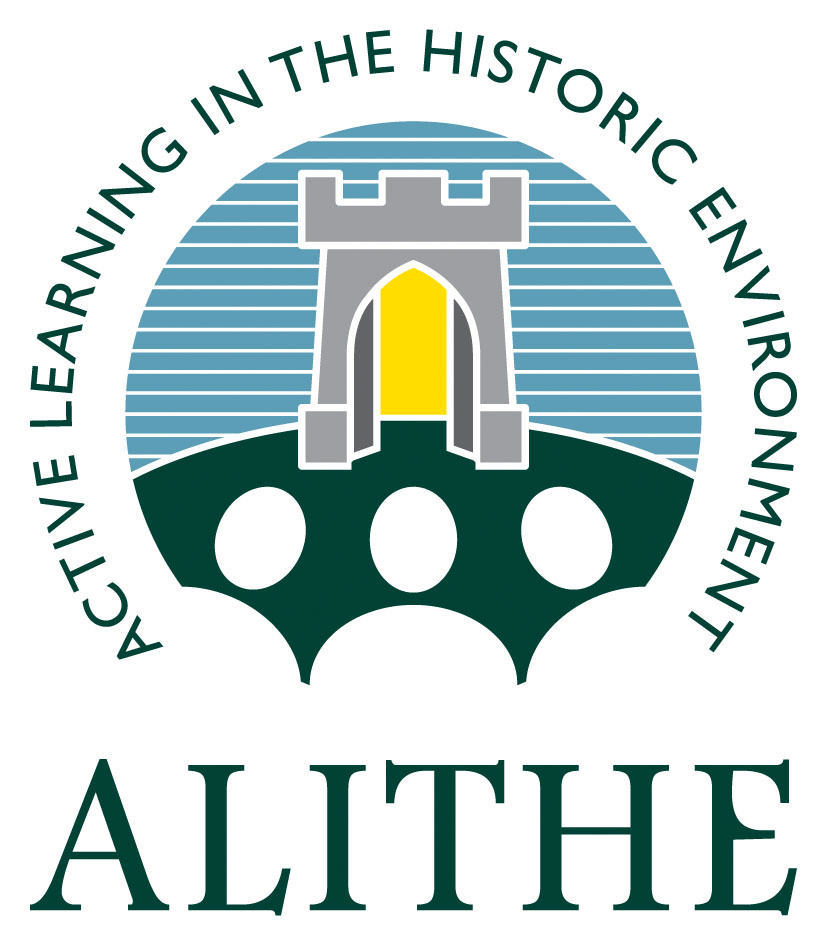
Welcome to the ALITHE project website. Here you will find descriptions of the aims and outcomes of our Eramus+ KA2 project as well as our newly created adult education curriculum. The curriculum and training film are freely available for you to download and use with your own adult learners. We hope that the activities and outcomes presented on this website will inspire you to provide vocational training and education opportunities in your own unique historic environments.
Project Summary:
Background:
We applied for the ALITHE project to develop an innovative new ECVET curriculum module which could be used across Europe for adult ‘intergenerational learning’ in a variety of historic environments. The direct project partnership, and our wide network of associated partners, recognised the need to engage hard to reach elements of our communities, including those facing economic, social, medical and geographic obstacles, in exciting and relevant ways. Our shared experience had demonstrated the potential of harnessing historic environments as a setting for active learning. By writing ALITHE, we sought to share experience and explore ways in which historic environments can enhance the learning experience. The variety of settings utilised for training activities within the partnership has been broad and includes museums, historic buildings, cultural landscapes and archaeological fieldwork.
The project also recognises that providing adult education opportunities, both formal and informal, is about far more than practical skill development. The project recognises the health and wellbeing benefits of ‘active’ learning in groups with a broad age range, which utilise and celebrate historic settings.
Objectives:
During the writing of the ALITHE project, the partnership established clear aims and objectives to be achieved over our 2 year cooperation. These are:
1. Share experience between the partnership of delivering adult education and facilitating intergenerational learning within the Historic Environment
2. Highlight the inspirational potential of providing adult learning opportunities in the historic environment
3. Mobilise a minimum of 30 individual learners from within the partnership, including disadvantaged, to participate in European learning activities arranged by host partners
4. Develop a new ECVET curriculum module, with transferrable Learning Outcomes of relevance across the partnership.
5. Record the blended mobility of learner actions and upload to project webpage for both dissemination for project achievements and as a learning resource for those delivering new curriculum.
6. Produce a film entitled ‘Developing Cultural Assets’, which will serve as both dissemination for project achievements and as a learning resource for those delivering new curriculum.
7. Provide training for adult education staff working with learners in delivery of new module through a 6-day short term joint training action in Romania.
Implementation:
We successfully enabled 62 learners, 39 of whom were classified as disadvantaged and 2 with special needs from within the partnership to participate in European learning activities arranged by host partners (6 blended mobility of learner activities hosted in Cyprus, Romania, Slovakia, Bulgaria, Germany and UK). These blended mobility of learner actions were used to share and test training methodology and demonstrate European transferability of learning outcomes for the new curriculum module. Participating learners were recruited from harder to reach elements of the community and many had little or no previous experience of European travel. Skill tuition included a range of craft skills (ceramics, textiles, traditional building, blacksmithing…) as well as archaeological survey and excavation. We also mobilised 10 staff to participate in a joint staff training action in Romania to share experience and learn how to teach and assess the new Green Village curriculum module ‘Intergenerational Cultural Learning’. We held 3 staff meetings, one plenary in Cyprus, mid-term in Slovakia and final meeting in Bulgaria, to monitor and evaluate project progress as well as to share experience and steer the project to successful completion.
Results:
The project produced 2 intellectual outputs. IO1: a new curriculum module which becomes part of the Green Village curriculum already developed under the Leonardo da Vinci Development of Innovation ‘Green Village’ project. The new module is entitled ‘Intergenerational Cultural Learning’ and gives structure to the recognition of adult learning in a range of historic environments. The curriculum gives 2 case studies (Cyprus and Romania) to demonstrate the methodology and show how a structured week of learning activities can be transferred and applied in a range of settings and countries. To accompany the curriculum module, we also produced a film (IO2) entitled ‘Developing Cultural Assets’. The film uses footage from completed activities in the project to share project ethos and inspire others to provide innovate adult learning opportunities in historic environment settings. Feedback from the partnership and participant learners show a strong positive impact at personal and organisational level. Our 62 adult learners have expressed not only new skill development but also greater self-confidence, friendships and sense of wellbeing after participation. The positive results will continue to grow as the new curriculum is delivered.

The European Commission support for the production of this publication does not constitute an endorsement of the contents which reflects the views only of the authors, and the Commission cannot be held responsible for any use which may be made of the information contained therein.
